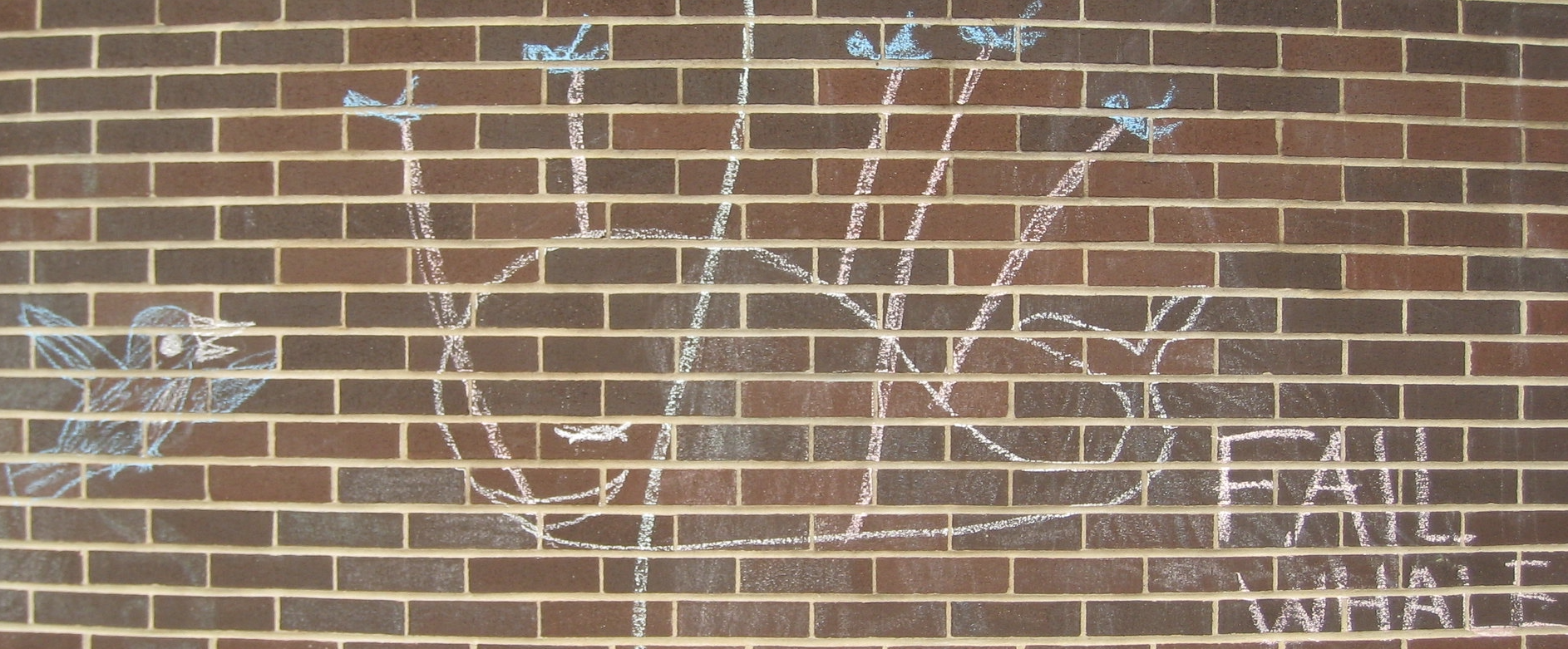If you’d like to keep up with me outside of birdsite, consider following me on Mastodon at @kitoconnell@kolektiva.social or look for other social links here.
The following was originally published on Gonzo Notes, my mailing list:
I grew up invested in the technocratic fantasy that the internet would turn into a perfect archive of all knowledge, always at our fingertips. Our mantra is often “the internet is forever,” and it’s easy to buy into this myth.
In the process, we sometimes forget the ephemeral nature of the digital world. If you’re online long enough, you’ve seen whole communities rise and fall. Places where we’d go to “hang out” for hours are now meaningless husks. Yes, it’s true you can technically find my LiveJournal if you look, but it’s no longer a place where minds gather to share ideas, stories, and silly memes.
When we say “the internet is forever,” we mean it in a forensic or archaeological sense. As online communities collapse, they leave little traces behind the way we leave behind fingerprints, and shed hair or skin cells as we move through the physical world. Researchers, such as antifascists on the trail, can sift through the rubble but the vitality departed long ago.
Letting go of a piece of our digital self is hard. Each time we shed a piece of ourselves, we leave behind memories we’d been storing in a digital medium, like losing photos in a fire or flood. (Realistically, how many of us who are downloading our Twitter archive actually have the technical know-how to do anything meaningful with it? I don’t …)
We also lose track of friends or entire groups of people, even folks we connected with every day. It’s an especially bitter pill to swallow for marginalized people, who spend years carving out their spaces only to see them fall to a Zerg rush of trolls.
I’m not someone who lets go of my digital tracks easily. My website has years of myself on it, through multiple careers. I resist deleting old stuff. So I’m sympathetic to folks who are still trying to hang onto the parts of Twitter we enjoyed. And even more sympathetic to those who depend on Twitter for a living; many of them are now worrying about their next paycheck.
I put four years of my life into the Ministry of Hemp website, turning it from a static infosite into a full-featured news portal. Then Google changed its algorithm. Overnight, our traffic collapsed and our business model went with it. We hung on for another year or two, but we were the walking dead. What’s left behind now is a shadow of its former self that’s been parasitized to sell garbage. It’s a zombie.
That’s where I see Twitter now. There are even little pockets of life, but the rot has set in. We can speculate about which will come first: will the infrastructure collapse before the site becomes completely unusable due to nazis? But either way, I know I can’t keep using birdsite forever in good conscience. Or in good mental health.
Most of us get online to connect with other people. Social media sites are useful to the extent they enable this, but they hurt us because we get caught up in our follower count and forget to transform those numbers into lasting human connections. Our digital communities are vulnerable, capable of being collapsed when the wrong billionaire buys out their foundations.
As we move on to new online spaces, let’s use them to form meaningful, lasting relationships. The kinds that strengthen human bonds and build solidarity and power among people. Online organizing is valid, don’t let anyone tell you otherwise, but we always need to be looking for opportunities to deepen those connections beyond a retweet. And we need to remember that nothing online lasts forever, and we always need to be prepared to move. But if we prepare in advance, we can carry our communities with us when we go.
